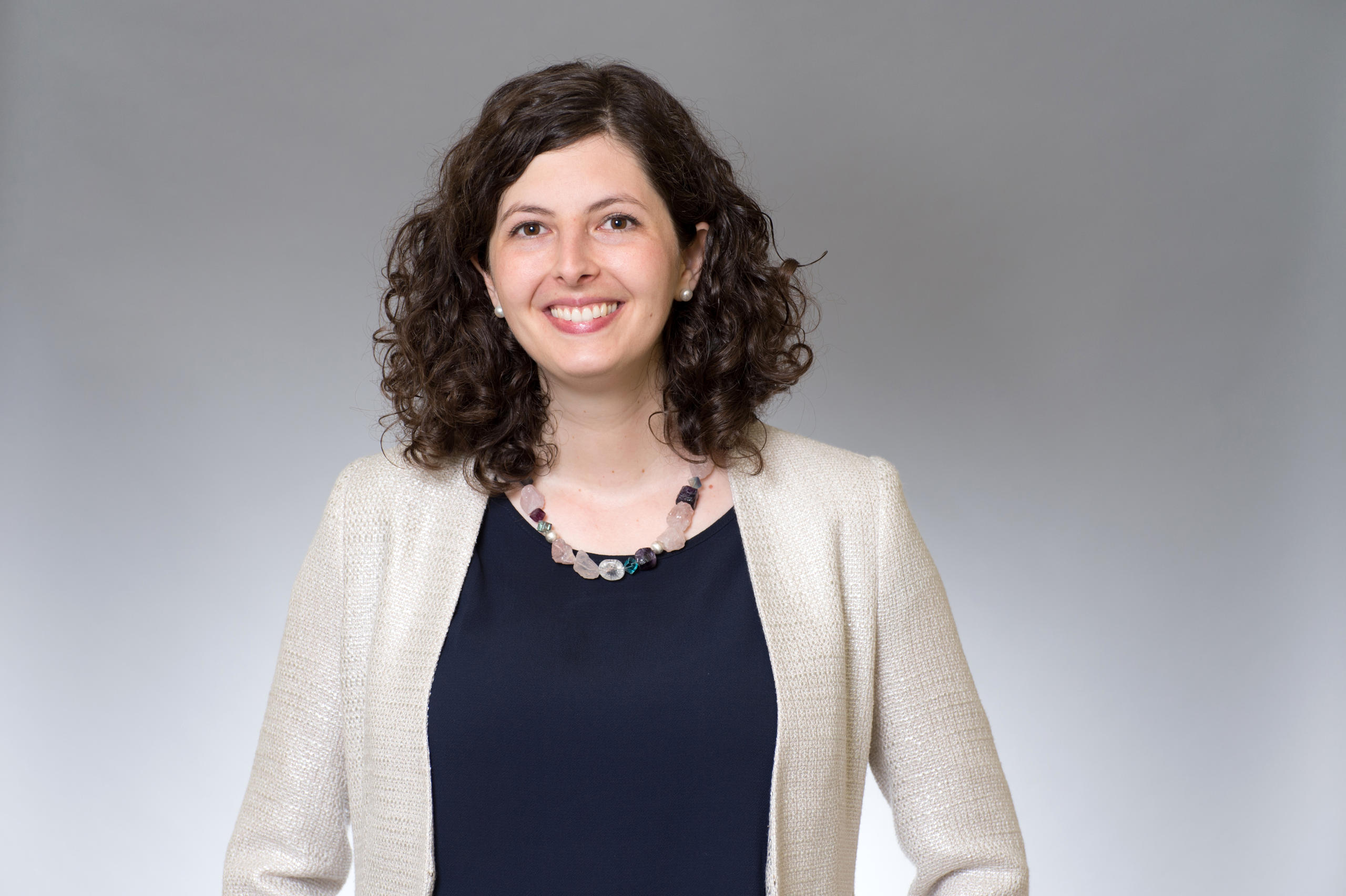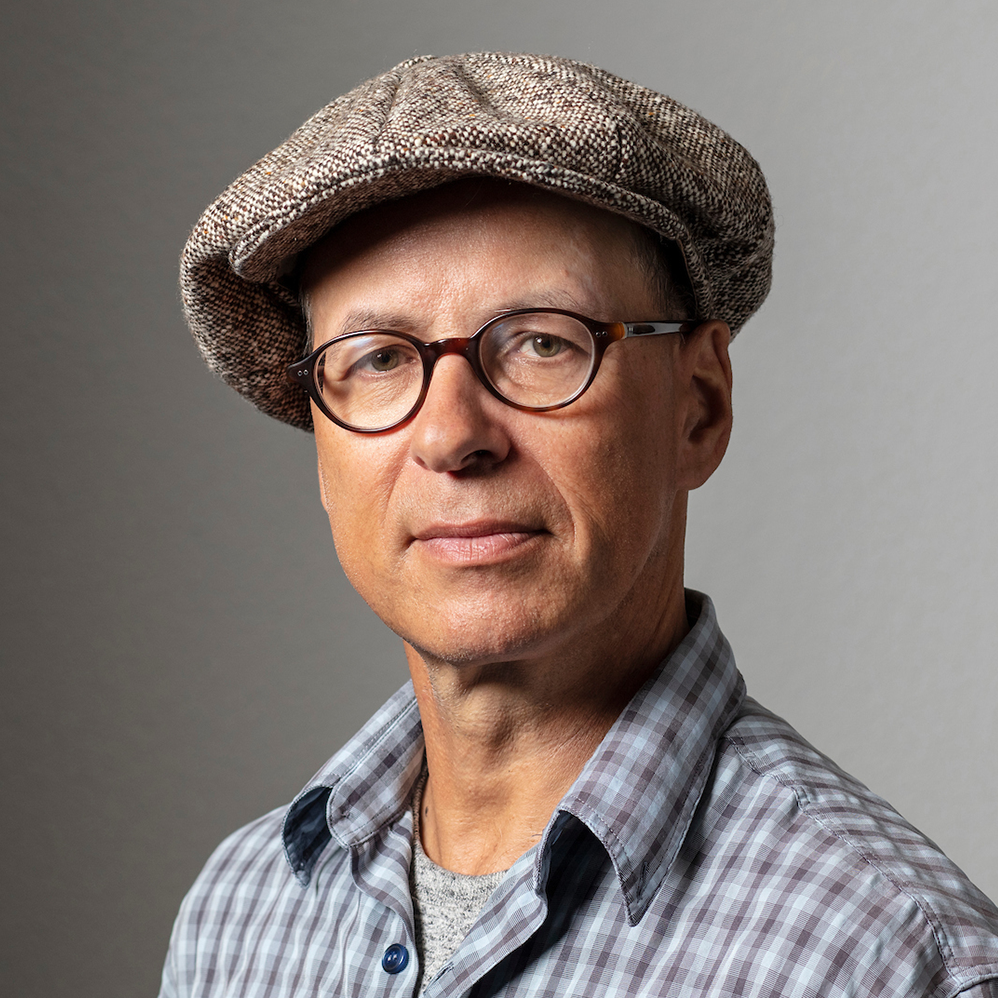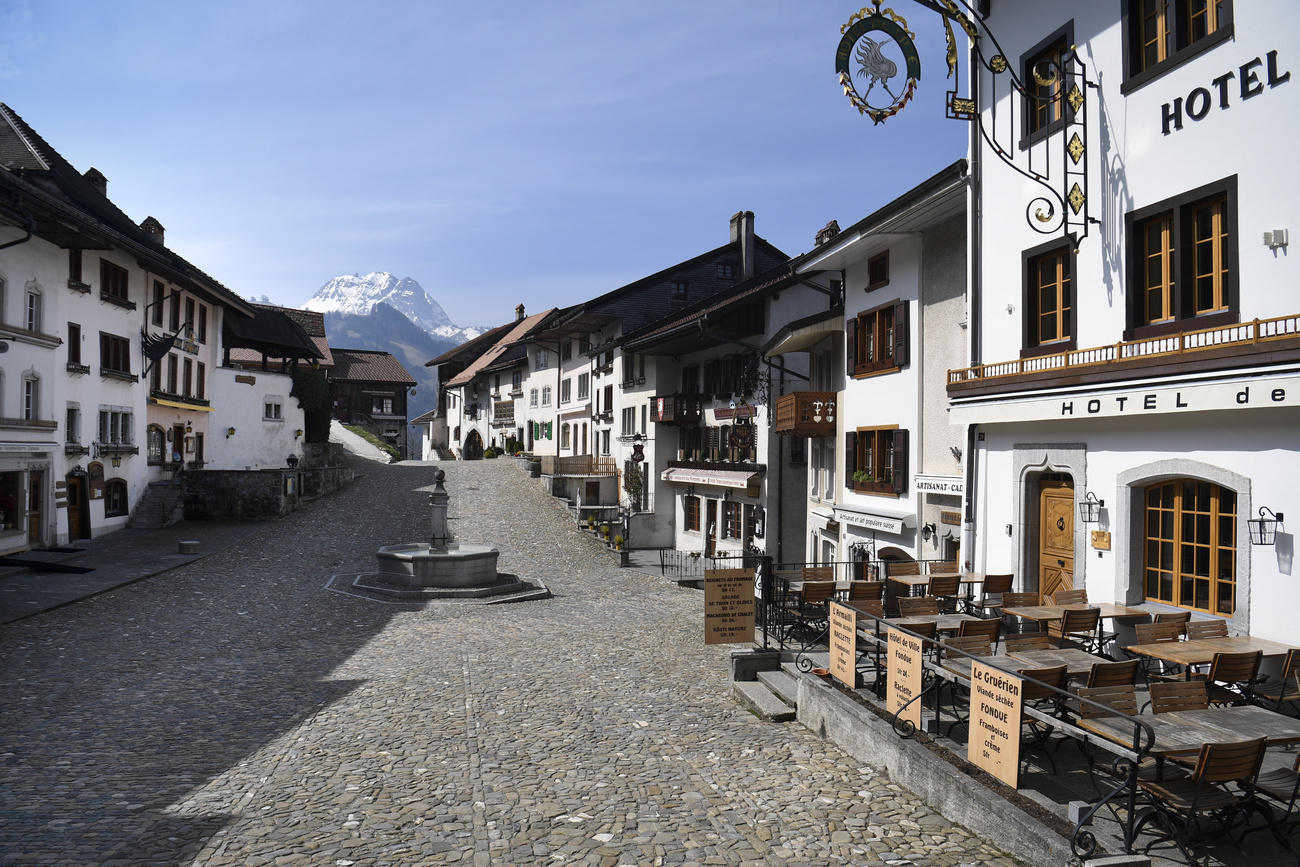How the coronavirus hurts the socially marginalised in Switzerland
The coronavirus crisis is exacerbating social inequality in Switzerland, experts say. This in turn can become a threat to democracy itself.
In Switzerland, vulnerable members of society – the self-employed left without customers, single mothers, people in debt, pensioners without assets, and the marginalised – are bearing the brunt of the effects of the Covid-19 pandemic.
Many of them are falling through the safety net as they are excluded from the federal government’s CHF40 billion aid package.
Skyrocketing unemployment figures
Neither guaranteed loans for companies facing a liquidity squeeze nor state compensation for short-time work have kept Switzerland from experiencing the biggest hike in unemployment figures, registered at the beginning of April.
According to social welfare statistics, 807,000 people received extended social benefits from municipalities and cantons in 2018. More up-to-date figures are not yet available, but the lockdown has already led to a sharp increase in applications since March.
“In view of the looming economic crisis and high unemployment, we have to protect Swiss society from a social meltdown,” says Oliver Nachtwey, an associate professor of social structure analysis at the University of Basel.

In order to do so, the economist and sociologist wants to go one step further than the federal government.
“Everyone should be able to benefit from the aid package,” Nachtwey says. Social inequality can potentially become a threat to democracy. This happens when those missing out also disengage in other areas and no longer consider themselves part of the “common cause”, namely the state.
“Social inequality is directly related to traditional forms of political participation, especially when it comes to popular votes and elections,” says Flavia Fossati, who teaches at the Swiss Graduate School of Public Administration (IDHEAP) at the University of Lausanne.
According to Fossati, political participation heavily depends on education, socialisation, financial resources as well as gender.
Trade unions’ downturn
“Well educated people have more cognitive skills and better access to information. They have networks to move around in,” says Fossati.
This does not only stimulate discussions and opinion-making, but it also encourages political participation. She says that people who are socially marginalised tend to participate less and are not as well represented.
Fossati and Nachtwey point out that this trend is linked to the dwindling power of trade unions.

“The labour movement, especially trade unions, used to advocate for the more vulnerable members of society and also represented them in parliament,” says Nachtwey.
Nowadays, only a few candidates with this profile make it to the national parliament.
Downward spiral
This has led to a spiral of estrangement and disillusionment. Nachtwey explains this by using his native Germany as an example.
“A quarter of the population there is experiencing social stagnation or even a decline. They have distanced themselves from believing in democracy as they do not consider it a political form of government that benefits everyone.”
“Many parliamentary decisions predominantly serve the interests of the middle and upper classes,” he adds.
Dramatic increase in need for social assistance
Social welfare offices in cantons and communities across the country can expect the number of social welfare recipients to grow by the tens of thousands. That’s according to Christoph Eymann, president of the Swiss Conference for Social Welfare (SKOS).
The sharp increase in applications in cities such as Zurich and Bern is a sign of this trend. Authorities there registered a rise of 30% and 70%, respectively, compared to the previous year.
Eymann considers the number of new applications to be a “seismograph” for the coming weeks and months: “We are very concerned about that.”
Source: Der Bund, April 7, 2020
Erosion of trust
Fossati puts it like this: “If part of the population is not only socially, but also politically, disconnected, the danger of people disengaging will be higher.”
This would gnaw away at two distinctive Swiss characteristics: the citizens’ great satisfaction with politics on the one hand, and their high level of trust in political institutions, on the other.
Fossati believes that this is down to the high level of political participation that comes with direct democracy.
“The fact that the Swiss have the opportunity to go to the polls four times a year legitimises democracy.”
Swiss efficiency – the speed and way in which the federal government and parliament deal with political problems – also contributes to this trust.
Fossati is convinced that other factors, such as a strong economy, guaranteed basic rights and the rule of law, also promote a high level of satisfaction and trust.
When it comes to income inequality, which is expressed using the statistical measure of distribution called the Gini coefficient, Switzerland ranks in the middle in Europe. Nordic countries are generally more homogenous, while southern countries show greater inequalities.
For Nachtwey, however, it is not so much the degree of social inequality that is significant, but rather its impact. The key is knowing if and when these inequalities will have an effect on political participation.
Social cohesion remains
“Despite a major wealth gap in Switzerland, where some cantons are richer and others poorer, living standards are still relatively high compared to other countries”, he says.
“You can enjoy a good quality of life even if you are in the low-income bracket. Alienation or disengagement is not that strong yet, as those with a lower social status are still considered members of society.”
This is very different from the United States, for example, where states such as Alabama have implemented sophisticated mechanisms with the sole purpose of excluding more disadvantaged residents.
“This is an example of how ethnic, economic and political discrimination adds up,” says Nachtwey.
He considers direct democracy to be a tool that can be used to combat social inequality. “Direct democracy is also a gateway for social initiatives. In canton Basel City, for example, most of the citizens voted in favour of social housing in a referendum.”
Although the pay gap has been widening in Switzerland since the 1990s, by 2012 (the most recent date for which data is available) social inequality was offset thanks to social welfare measures and to greater female participation in the workforce.
The oronavirus pandemic is now threatening this fragile equilibrium. For Flavia Fossati, the stakes are all the higher.
“A good educational system and a healthy welfare state are still key to preventing inequality. These are the most effective weapons to combat the segregation of a group that is left behind.”
The disadvantaged participate less
Those who have a compulsory-level of education and those who earn less vote less frequently in Swiss elections.
The 2015 parliamentary elections show the following:
Overall turnout: 49%
– Citizens with primary school education: 30%.
– Citizens with a household income of less than CHF4,000: 40%.
Note: Figures for the 2019 Swiss elections are not yet available. It is extremely difficult to break down voter participation by social group.
Source: Selects-FORSExternal link
Translated from German by Billi Bierling

In compliance with the JTI standards
More: SWI swissinfo.ch certified by the Journalism Trust Initiative





You can find an overview of ongoing debates with our journalists here. Please join us!
If you want to start a conversation about a topic raised in this article or want to report factual errors, email us at english@swissinfo.ch.